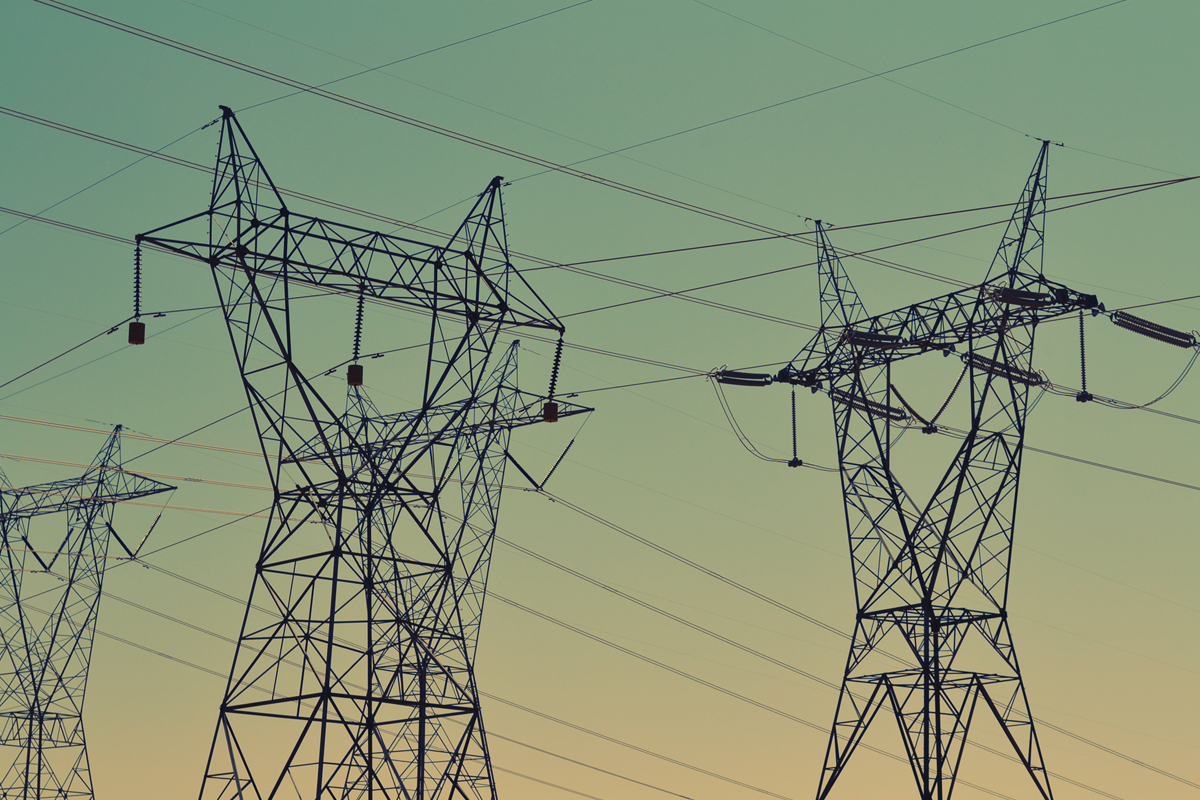
This article first appeared in The Edge Malaysia Weekly on June 13, 2022 - June 19, 2022
MALAYSIA’s headline inflation is relatively restrained mainly because of the heavily subsidised petrol pump price — despite the price of crude oil staying above US$80 since the start of the year — and some components in the basket of goods to track inflation being price-controlled foodstuff.
The Consumer Price Index (CPI) for the period of January to April 2022 increased 2.2% year on year, compared with 1.6% a year ago. The annual inflation rate was at 2.5% in 2021.
However, the impact of the sharp rise in global energy prices isn’t just about petrol prices. Electricity is another form of energy we need to keep the lights on and production lines running in manufacturing plants.
Malaysian consumers as well as entrepreneurs have yet to feel the heat of a tariff hike, which could be severe judging from the quantum leap in coal prices. Any tariff hike will have ripple effects similar to that of higher petrol prices.
Year to date, the Newcastle coal price index has soared 137% from US$151.75 per tonne to around US$361 last Friday. Coal is the major fuel for power generation, accounting for about 54.1% of Tenaga Nasional Bhd’s fuel mix in the first quarter ended March 31, 2022 (1QFY2022).
Malaysian power plants are also burning natural gas, which is sourced at a regulated price from Petroliam Nasional Bhd (Petronas). Although the utility group burned more gas in 1QFY2022, with its share of the fuel mix increasing to 39.1% from 34% in the preceding quarter, more than half of the electricity was still produced by coal.
For the financial year ended Dec 31, 2021 (FY2021), Tenaga’s fuel costs increased 13.9%. The increase was much steeper in 1QFY2022 as the Russia-Ukraine war sent commodity prices to multi-year, if not decade, highs.
Fuel cost makes up nearly 42% of the base electricity tariff, which has been kept at 39.45 sen/KW since 2018 when the base price for coal was US$75. Tariffs are adjusted higher when the fuel cost goes above the base price, and vice versa.
The Cabinet is due to revise the electricity tariff on July 1. In the previous round, a 3.7 sen/kWh surcharge was imposed on non-domestic users while domestic users continued to enjoy a rebate of two sen/kWh from February to June.
Should the electricity tariff be fixed according to the Imbalance Cost-Pass Through (ICPT) mechanism, the tariff would have to be adjusted upwards unless the government is willing to subsidise the electricity bills.
This raises the question of whether the government will add the electricity tariff to its subsidy bill as inflation has already reared its ugly head. But can the government afford it?
Given that a general election is looming, there may be more considerations for the cabinet as far as raising tariffs is concerned, says an investment analyst.
Malaysia’s subsidy bill is expected to swell to RM71 billion, according to Finance Minister Tengku Datuk Seri Zafrul Abdul Aziz, with petrol subsidies alone hitting RM30 billion.
“This is another Catch-22 situation whereby TNB either absorbs the fuel cost increment and gets compensated by the government, or an electricity tariff adjustment is allowed, which adds to rising living and business costs,” says an economist.
He notes that a knock-on effect on inflation is unavoidable but it can be minimised by spreading the burden equitably among the stakeholders, adding that the government needs to give serious thought to targeted subsidies for vulnerable households and enterprises.
Read also:
Tenaga’s rising receivables raise eyebrows
Save by subscribing to us for your print and/or digital copy.
P/S: The Edge is also available on Apple's AppStore and Androids' Google Play.